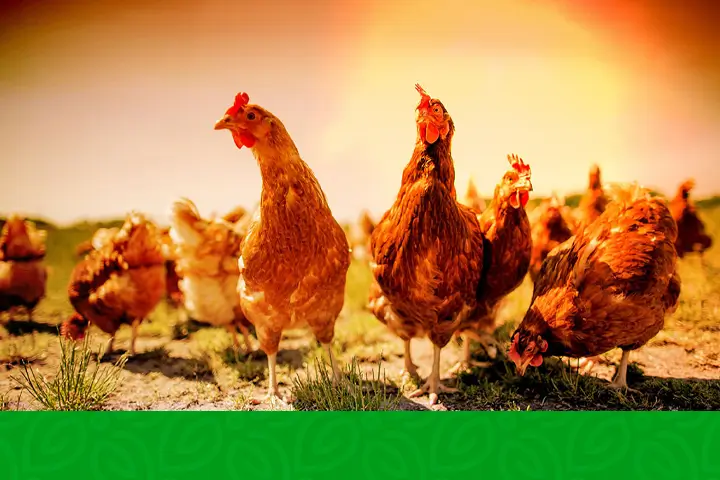
In the world of poultry farming, the battle against heat stress is real and relentless, especially in tropical and arid regions. The soaring temperatures and sweltering humidity can spell disaster for poultry producers, leading to significant financial losses. The intensity of this heat stress can range from mild discomfort to severe physiological strain, impacting everything from the health and welfare of the birds to their overall productivity. In this comprehensive article, we delve into the intricate web of factors that contribute to heat stress in poultry and explore the latest methods and mechanisms aimed at mitigating its effects.
Understanding the Complexity of Heat Stress:
Heat stress in poultry is no one-size-fits-all scenario. It’s a multifaceted challenge influenced by a plethora of factors. These include humidity levels, thermal irradiation, the thermoregulatory capacity of the birds, their metabolic rate, age, and the duration of exposure to high temperatures. It’s a perfect storm where contemporary commercial broiler chickens, with their rapid metabolism, often find themselves at the epicenter of this environmental battle.

Unpacking the Impact of Heat Stress:
The effects of heat stress on poultry are far-reaching and profound. It takes a toll on their physiology, health, production, welfare, and behavior. From reduced egg production to compromised meat quality, the repercussions of heat stress are substantial. But, in the face of this challenge, science and innovation have come to the rescue.
Cutting-Edge Strategies for Mitigation:
The literature on poultry heat stress mitigation is replete with innovative strategies, each with its unique role to play at different stages of a poultry’s lifecycle. Here’s a glimpse of the methods and mechanisms leading the charge against heat stress:
- Genetic Selection: The journey to heat-resistant poultry breeds begins with gene mapping and genetic selection. By identifying and breeding birds with superior heat tolerance traits, researchers are paving the way for poultry that can weather the heat with ease.
- Embryonic Thermal Conditioning: Birds that experience thermal conditioning during embryonic development or early life are better equipped to handle heat stress in adulthood. This forward-thinking approach enhances their ability to thrive in challenging environments.
- Nutritional Management: The power of nutrition cannot be underestimated. Dietary manipulations, nighttime feeding, and wet feeding are among the nutritional strategies employed to combat heat stress. When combined with timely adjustments to environmental conditions, these techniques have been proven to mitigate the impact of heat stress on both chicks and adult birds.
Looking Ahead: The Future of Poultry Heat Stress Mitigation:
As climate crises persist, the battle against heat stress in poultry remains an ongoing challenge. It’s imperative to keep a finger on the pulse of the latest developments and innovations in this field. By continually exploring new methods and understanding the intricacies of heat stress mechanisms, we can strive for a future where poultry production thrives, even in the face of rising temperatures.
A Resilient Future for Poultry Farming:
Heat stress in poultry is a formidable adversary, but it’s one that can be overcome with knowledge and innovation. By unraveling the complexities of heat stress factors and harnessing the power of genetic selection, embryonic conditioning, and innovative nutrition management, we’re forging a path toward resilient poultry production. The challenges posed by heat stress may persist, but our commitment to the welfare of poultry and the sustainability of the industry drives us to explore new horizons and create a future where heat stress is no longer a hindrance but a conquered frontier in poultry farming.
Stay updated with the latest farming tips and agriculture industry news from Africa by subscribing to our newsletter. Don’t miss out on valuable insights and updates. Follow us on Twitter, LinkedIn, and Facebook to join our farming community and stay connected with us.



















